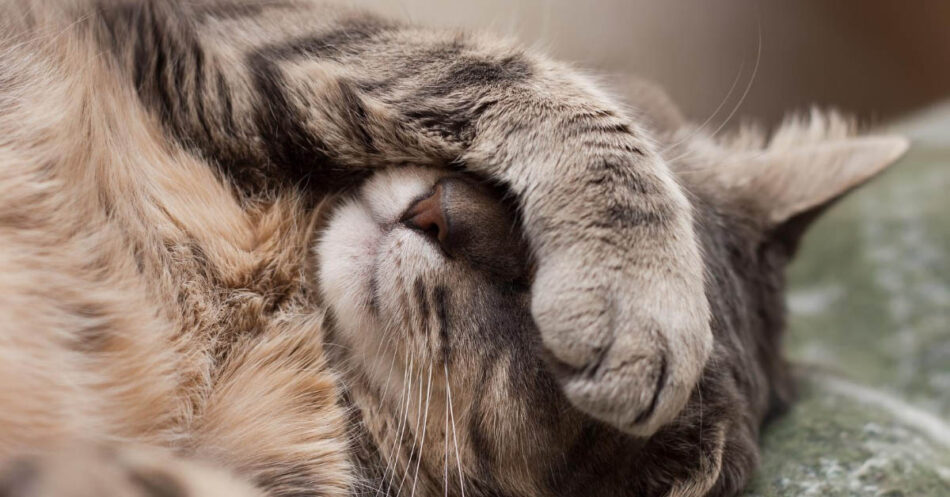
From Hairballs to Fleas: Cat-spert Advice on Cat Care
This post may include affiliate links. Please read my disclosure policy.
As all cat parents know, each cat possesses their own unique personality and quirks. Sometimes, these quirks make us laugh! We can’t get enough of our feline friends. Sometimes, these quirks confuse us. We may ask: why does my cat do that? Now you can have your answer!
Earlier this year, World’s Best Cat Litter and I were excited to launch the “Dear Tabby” program. We are working together to help cat parents get answers to their most puzzling cat questions. We asked for your best kitty questions and the responses continue to pour in. Here are five feline questions you may be asking and cat-spert advice for my fellow cat lovers.
Five Cat Mysteries Solved
1. A few months ago, we suffered a flea infestation. I believe we have since cleared out the fleas; however, my cat still itches herself as if there are fleas. Whenever I use a flea comb, no fleas or eggs come off and I have not seen any fleas. I think she may be scratching scabs from back when she was getting bitten. How can I help her feel better?
Your kitty might still be scratching herself because she has a flea allergy. Unfortunately, it only takes the bite of one flea to set off an allergic reaction and they can quickly get out of hand. There could be other reasons for her scratching too, so I strongly suggest you consult your veterinarian. A brief examination can get you accurate answers for your pour kitties itchies! If fleas are still biting, there are natural ways to get rid of fleas.
Pin Me!
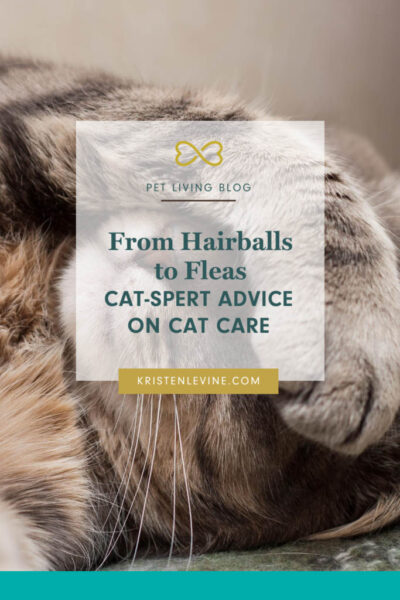
2. Is it okay to give your cats milk every now and then?
Milk can be a great occasional treat for your cat, especially if you opt for organic milk. However, believe it or not, some cats are lactose intolerant and upon ingesting, may vomit, have diarrhea, or become gassy. It’s important that if you do give your cat milk, you give them only a small portion. A tablespoon or two will suffice. Additionally, watch for any adverse reactions and discontinue giving milk if your kitty doesn’t tolerate it well.
If you find that your cat loves milk, but she doesn’t respond well, there is also lactose-free milk formulated especially for felines.
3. How do I combat my cat’s shedding problem? Bathing?
The best way to keep shedding under control is to brush your cat daily. I use a brush on Olivia that feels like a massage for her while removing the loose hair that would normally end up on my floors or furniture. Olivia loves it! If your cat has long fur, you might try a brush or comb with longer teeth. There even are tools to combine grooming your cat with playtime.
It is important to keep an eye on the amount of hair that your cat sheds. If you think your kitty may be losing more hair than usual, be sure to make an appointment to see your veterinarian.
4. Why does my cat only like to cuddle me when I am trying to workout! Does she want me to stay fat?
This question made me “LOL”! I think she wants to be your workout buddy! In all honesty, if you’re doing your exercises on the floor, it’s not uncommon for cats to think this is the perfect opportunity to get your attention. They may be trying to tell you that they’re ready to cuddle. After all, the floor is their territory. Or, It may be as simple as taking advantage of an opportunity to mark you as their human!
5. Any suggestions for hairball issues?
Oh yes! Olivia used to have hairballs, but with a little extra care, you can make hairballs a thing of the past. There are many natural remedies to help with this.
Some main things to remember are to brush your cat regularly to remove excess hair. Make sure your kitty stays hydrated, and add fiber to her diet to keep her digestive tract moving. You can also give her a teaspoon of fish, safflower, or flax oil. Adding an oily lubricant to your cat’s food can coat a hairball, allowing it to pass through your kitty’s system as it should.
Is there a question about your kitty that keeps you guessing? Keep the cat-versation going and submit your Dear Tabby questions today at World’s Best Cat Litter™!
Chew on this: I may receive a small commission for affiliate links, but all products I “dig up” are ones I paw-thentically love.

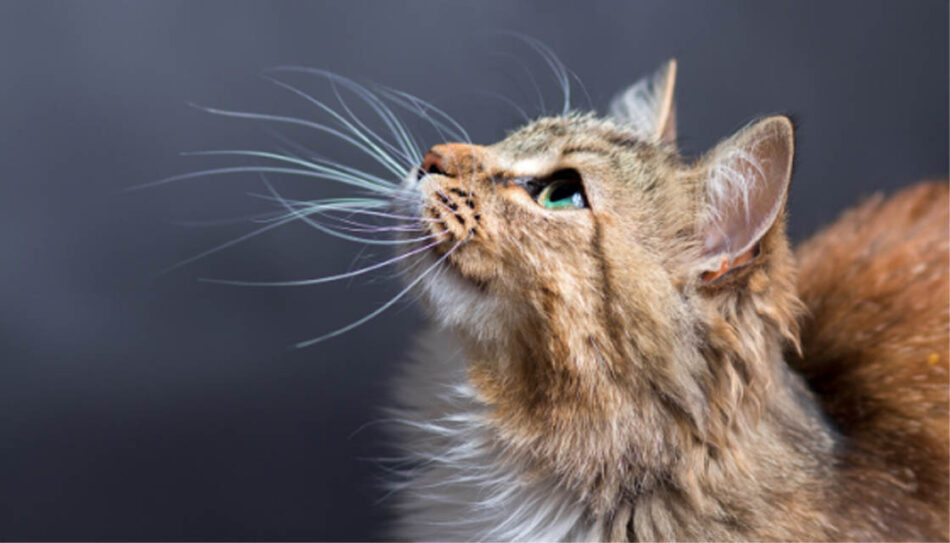
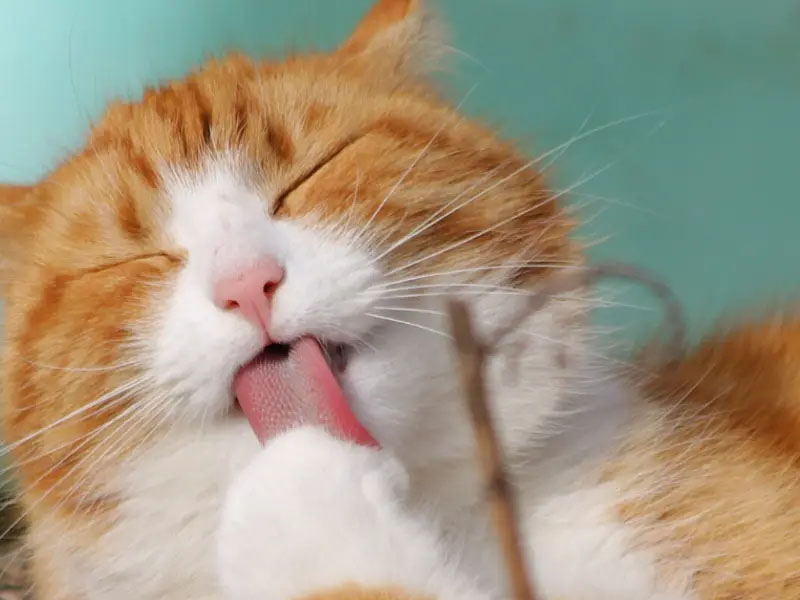
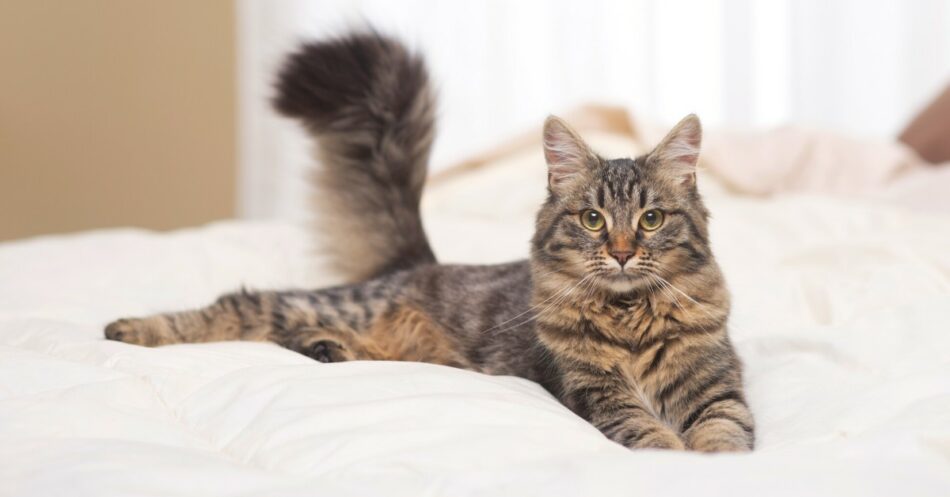
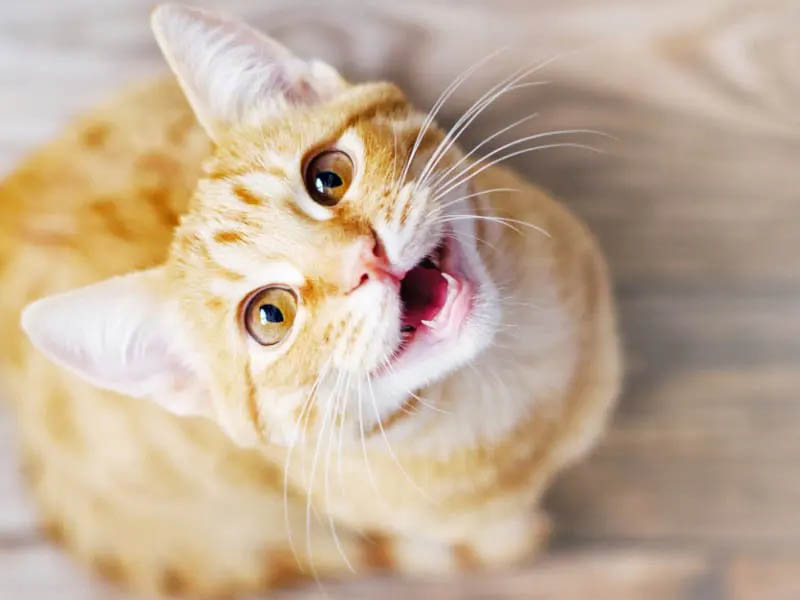
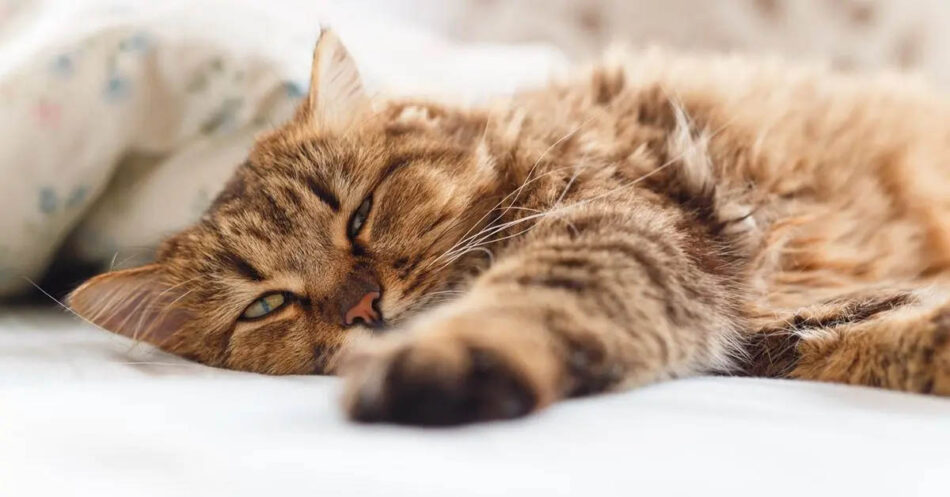

Comments (0)